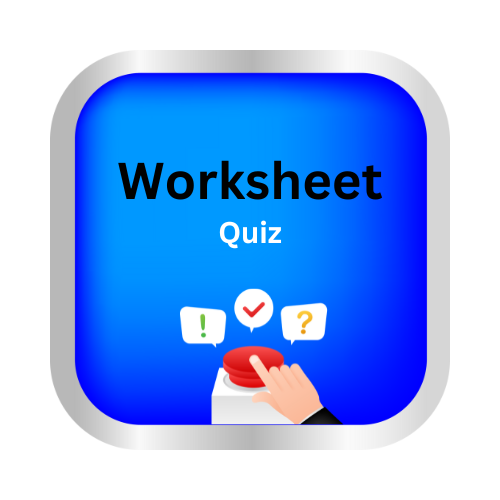Use relative pronouns: who, whom, whose, which, and that
Key Notes:
🌟Relative Pronouns: Who, Whom,Whose,Which,That🌟
| What are Relative Pronouns? |
Relative pronouns are special words that connect two sentences and tell us more about a person, animal, or thing. ✨
| Who 🧑👩 |
Used for people.
Example:
- The girl who is wearing a red dress is my sister. 👧👗
| Whom 🧑📖 |
Used for people as the object of the verb.
Example:
- The man whom we met yesterday is a teacher. 👨🏫
| Whose 👨👩👧💼 |
Shows possession (belongs to someone).
Example:
- The boy whose bag is missing is crying. 🎒😢
| Which 🐱📦 |
Used for animals or things.
Example:
- I like the book which has colourful pictures. 📖🌈
| That 🏠🐶 |
Can be used for people, animals, or things.
Example:
- The dog that barked last night is mine. 🐕🌙
| ✅ Tips to Remember |
- Who / Whom / Whose → always for people 🧑👩
- Which / That → for things or animals 🐶📚
- Use whose to show ownership 💼🏠
| 🎨 Fun Trick! |
Think of relative pronouns as connectors 🔗: they join two ideas into one sentence and make it more interesting! 😄
Let’s practice!🖊️

